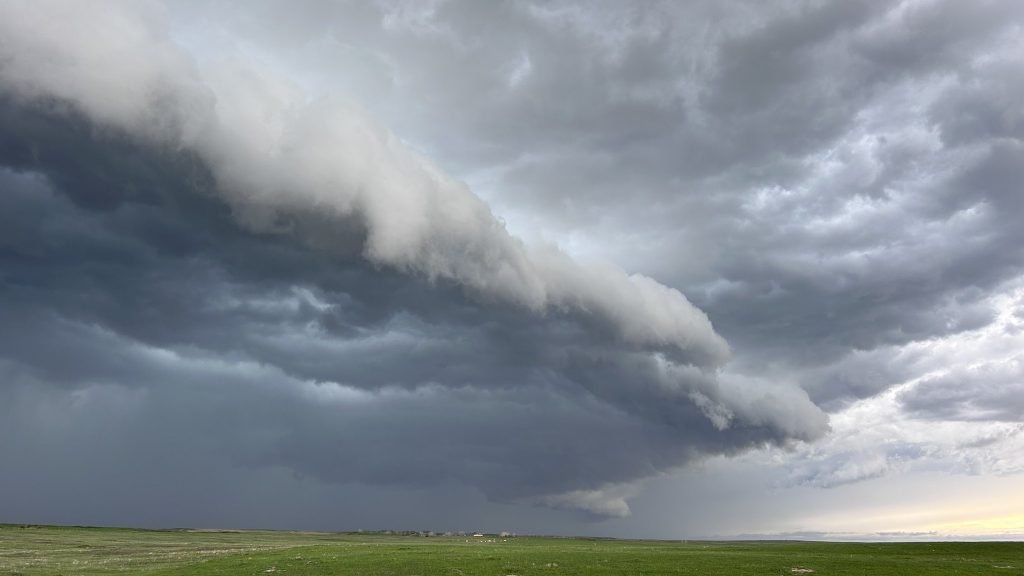Canadian pipelines safest in the world: CEPA
Posted May 3, 2018 8:10 am.
This article is more than 5 years old.
As the Trans Mountain pipeline saga crawls along, many continue to debate just how safe pipelines are for transporting oil and gas.
The Canadian Energy Pipeline Association (CEPA) believes all the steps are being taken to make sure new pipelines are as safe as they can be.
CEPA president and CEO Chris Bloomer said pipelines are still globally recognized as the safest way to transport oil and gas.
He said Canadian constructors in particular top the list.
“The materials they use are state of the art, the welding techniques are the best and are highly regulated,” he said.
Bloomer explained once pipelines are in there are a couple ways to monitor them, one is in-line.
“Using tools that are called ‘Pigs’, which are very sophisticated instruments, very large instruments that go inside the pipe and examine the pipe and we get the data back and look at its integrity,” he said.
Surface evaluations are also done, from people walking the pipeline to helicopters and newer technology like drones.
Bloomer believes the systems in place to detect ruptures are also very sophisticated.
“The industry is very focused on new technology, there are all kinds of things being evaluated and researched,” he said.
Bloomer estimated the transmission pipeline industry spends about $25-million a year evaluating new technologies, adding they’re deployed if they’re deemed an upgrade.
He argued there is a lot of collaboration within the industry.
“It’s basically a peer-pressure process whereby everybody knows what everybody is doing, we collaborate on things and if we have learnings we share them, and if those learnings can be implemented they are,” he said.
Bloomer said the last thing they want is competition when it comes to safety, explaining everyone needs to be brought up to the highest level.
On Friday, 660NEWS speaks with Greenpeace to hear its concerns.










